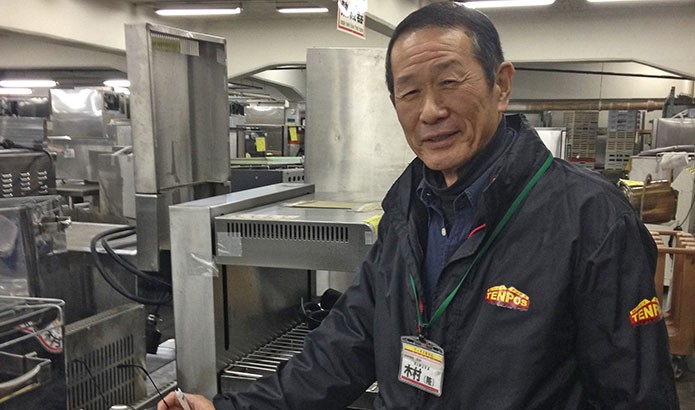
Japan’s National Institute of Population and Social Security Research projects that, by 2025, the percentage of Japanese people aged 65 and over will have increased from 26.8% currently to 30.3%. The percentage is expected to hit 33.4% by 2035.
The Nikkei Marketing Journal (16 October) reports that more firms are embracing the employment of seniors in their workforce.
The Skylark family restaurant chain has adopted a re-employment system for regular staff who wish to remain on the job after age 65, providing for an extension up to age 70. This policy also covers part-time workers.
The 7-Eleven convenience store chain has a similar policy in force in Fukuoka, Osaka and six other prefectures. Likewise, those seniors in the 55–75 age segment who are capable of providing technical support are being hired at PC Depot computer shops.
Tokyo-based Tenpos Busters, Inc., which markets kitchen equipment, abolished its compulsory retirement age in 2005.
Atsushi Morishita, the firm’s founder, explained that, rather than giving special consideration to older workers, he encourages them.
“Work while paying attention to your physical condition”, he said.
About one-third of Tenpos Busters’ 200 regular staff are over 65. While some resigned within a few months of being hired, due to job incompatibility, a high percentage stayed with the firm.
“It’s necessary to understand that there are certain limits to the range of tasks to which seniors can be entrusted”, said Tatsuya Uedo, editor of an, a magazine specialising in position-wanted listings for older workers.
Uedo added that it can be difficult to make such determinations across the board.
“It’s important to ask seniors what they feel they can do, and then deal with each one on an individual basis”, he said.
According to a 2014 internal survey by publishing giant Recruit Holdings Co., Ltd., 56.7% of respondents aged 60–64 said they wished to continue working after they reach the age of 65, while 16.6% said they hoped to retire.
Research carried out by the International Labor Organization shows that, of the world’s seven major economies, Japan has the highest percentage of working males aged over 65 (28.8%).
